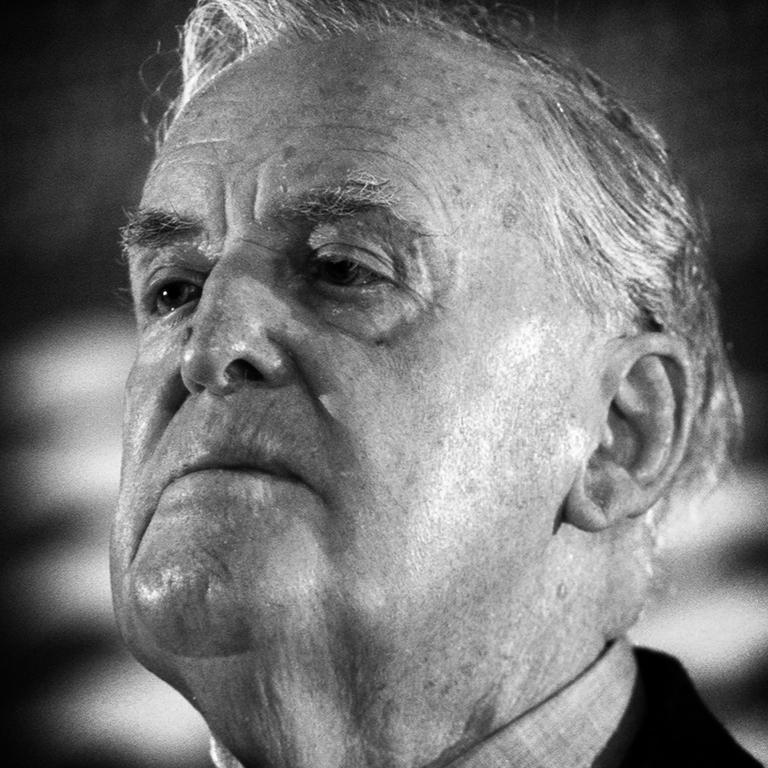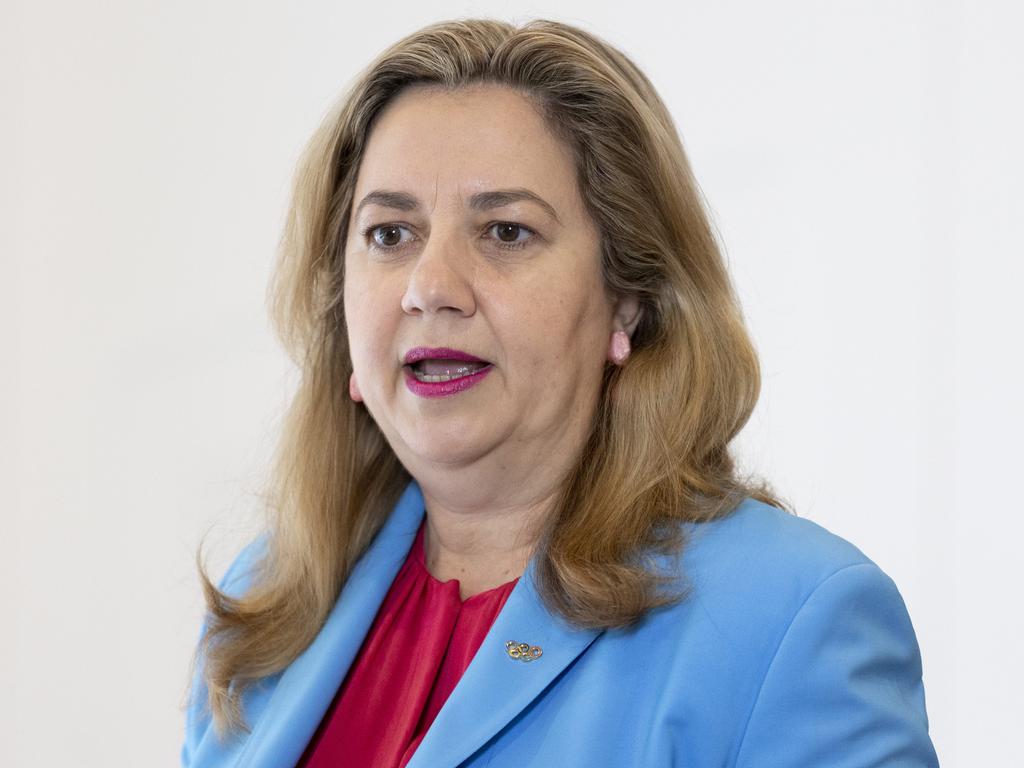Opinion: Qld Govt integrity at risk 30 years after Fitzgerald
Over three decades since the Fitzgerald inquiry, Queensland’s government has integrity issues again. There are two reasons, writes Paul Williams.
Opinion
Don't miss out on the headlines from Opinion. Followed categories will be added to My News.
It’s been over three decades since Tony Fitzgerald handed down his blueprint for cleaner public administration.
But Queensland voters are as passionate as ever about ridding the state of corrupt and muddy decision-making.
Public reaction to this week’s Coaldrake report is testimony to that.
Even so, three recent events remind us just how important transparency and integrity are in a state with just one house of parliament, a history of corruption and a tradition of “strong” leaders, who “get things done” outside of “airy-fairy” accountability mechanisms.
The first is the passing of Christian morals campaigner and sometime politician Rona Joyner, who died aged 99.
Like Mary Whitehouse in Britain and Fred Nile in New South Wales, Rona hated the so-called “permissive society” of porn, premarital sex and moral perfidy that she felt was destroying Western civilisation.
Ms Joyner was entitled to her view, and certainly welcome to join pressure groups, stand for election and lobby governments to change the law.
The problem was not Rona’s lobbying, but the fact the Bjelke-Petersen government in the 1970s and ’80s listened only to Ms Joyner and ignored other community interests representing both expert and majority opinion.

Many readers will remember Rona’s success in single-handedly persuading premier Joh – after numerous private one-on-one meetings never officially documented – to ban even the most innocuous sex educations programs (discussing salmon spawning) in Queensland secondary schools.
The joke at the time was that Queensland teens didn’t need sex education – they had the highest pregnancy rate in the nation.
This week, we also learnt the current State Government spent more than $74,000 to keep an embarrassing report into former deputy premier Jackie Trad’s appointment of a top public servant from being made public.
Worse, the Government – including four Labor members of the parliamentary crime and corruption committee – stalled in releasing the cost for so long.
Being embarrassed by the actions of a now-retired minister is one thing; using a parliamentary committee – entrusted to keep cabinet accountable – to protect that same government is quite another.
It’s nothing short of shabby, and makes a mockery of Labor’s proud record under the late premier Wayne Goss, who worked so hard to build a new and transparent Queensland.
The third event is the release of Peter Coaldrake’s report into the Queensland public service that found an “entrenched” government culture “tolerant of bullying, dominated by short-term political thinking and unwilling to give life to unfashionable points of view”.
Indeed, Coaldrake appears to vindicate claims by outgoing integrity commissioner Nikola Stepanov and former state archivist Mike Summerell that partisan ministerial staff – political and media “minders” – regularly overstep their mark and cajole public servants into sometimes dodgy activity.

Coaldrake also found lobbying had come to dominate lawmaking in Queensland.
That’s why Premier Annastacia Palaszczuk has no choice but to accept Coaldrake’s recommendation to ban lobbyists from election campaigns and to publish cabinet decisions within 30 business days.
But how did it get to this?
There are two reasons.
The first lies in the nature of Queensland politics, where one party comes into office – often with a thumping majority – and stays there for decades with checks and balances, such as parliamentary committees, too often toothless and unable or unwilling to offer real scrutiny.
Only a restored Legislative Council, elected on proportional representation, can serve as a genuine watchdog.
The second lies in the shrinking memberships of political parties, where only political “tragics” engage in civic affairs.
Having talked with political “types” – on all sides of politics – for 40 years, I have seen an alarming trend of political “tribalism”, where (mostly young) folk join parties and secure advisory roles, not to help make good public policy, but to “score” political points and “crush” their opponents.
For too long, politics has become both the “means” and the “end”.
And for too many – as former Labor minister Graham Richardson said – the only rule is “whatever it takes”.
Can the Palaszczuk Government survive this cancer in 2024?
It can, but only if it cleans up its act.
Dr Paul Williams is an associate professor at Griffith University




